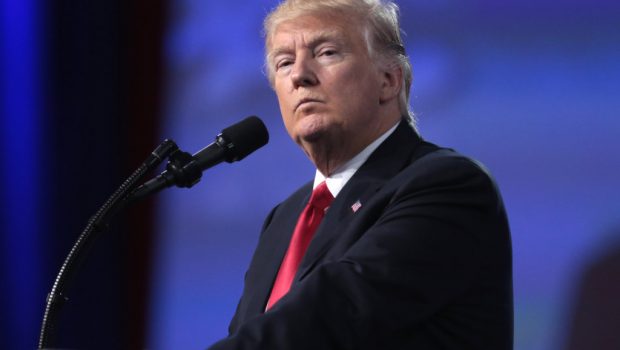
Chief of Staff John Kelly continues to reveal himself not as an "adult in the room" but as a Trumpian and racist representative of the worst of Boston Irish culture. The ilk that rioted over integration in south Boston in 1971.
Kelly's latest is to paint Gen. Robert E. Lee as a man of principle who loved his state more than his country - something Kelly says was ordinary back then. He also pinned responsibility on the "inability to compromise". Josh Marshall works on that theme. - gwc
Compromise and the Civil War – Talking Points Memo
by Josh Marshall
"...An even more critical driver of the South’s secession is tied to the structure of the electoral college. As I noted, for the first half of the 19th century, sectional peace was underwritten by allowing the South to dictate on the issue of slavery. More specifically, no party could hope to win the presidency without a solid political base in the South. Since the political class in the South was overwhelmingly (and eventually unanimously) in support of slavery, that meant no President who opposed slavery in any sense could ever be elected. But Lincoln won the presidency with only free states. This meant that the South’s ability to dictate national policy on slavery, at least at the presidential level, was at an end.
It would have taken a lot longer for things to change in the Senate. But that was enough to drive all but a handful of slave states into rebellion. The more embattled slavery became, the more the South demanded a right to dictate national policy on the issue. It was an issue on which the political class in the South could accept no compromise. That’s what triggered the Civil War...."



